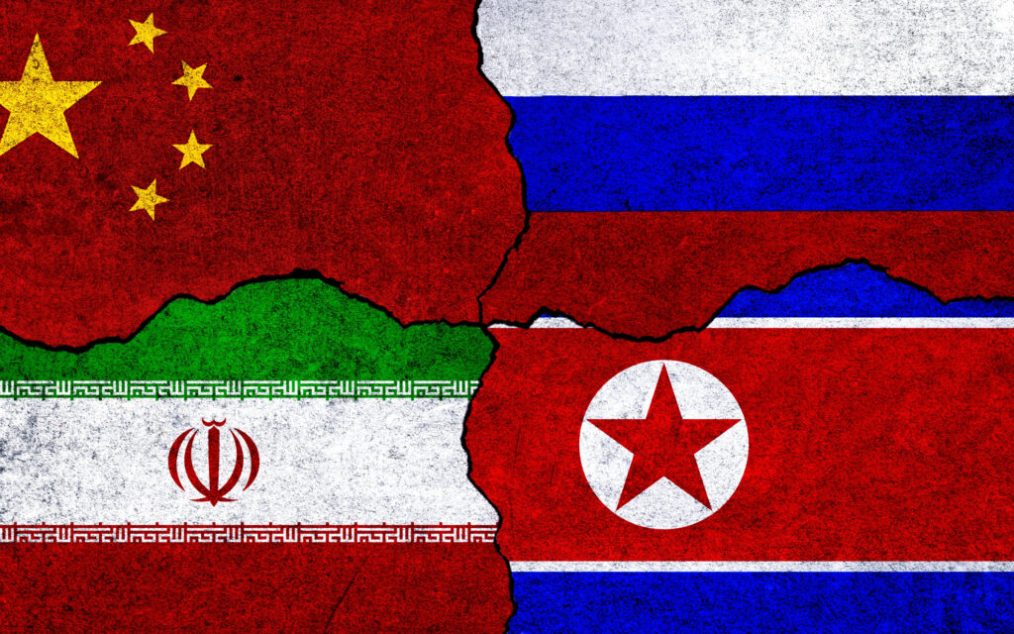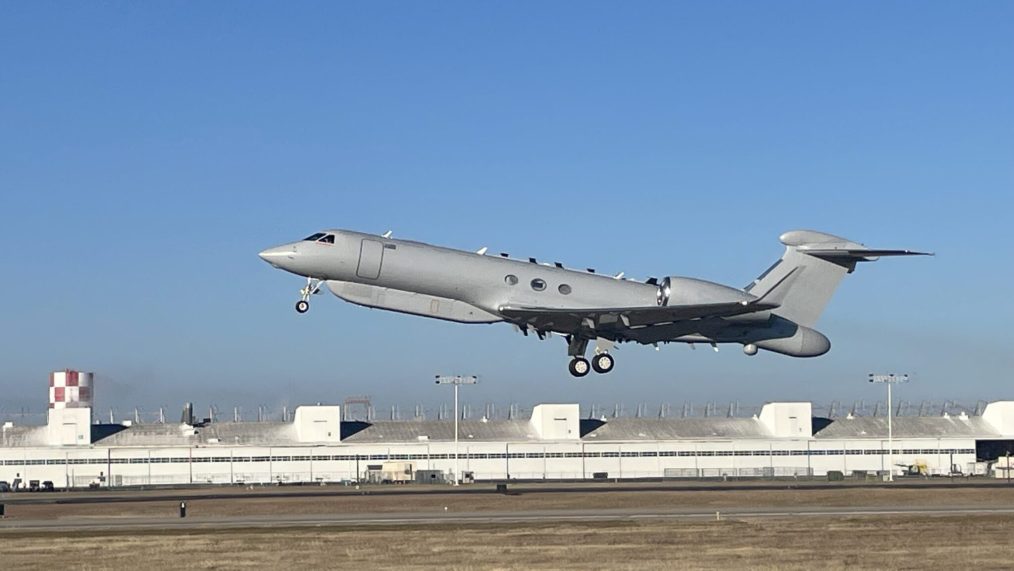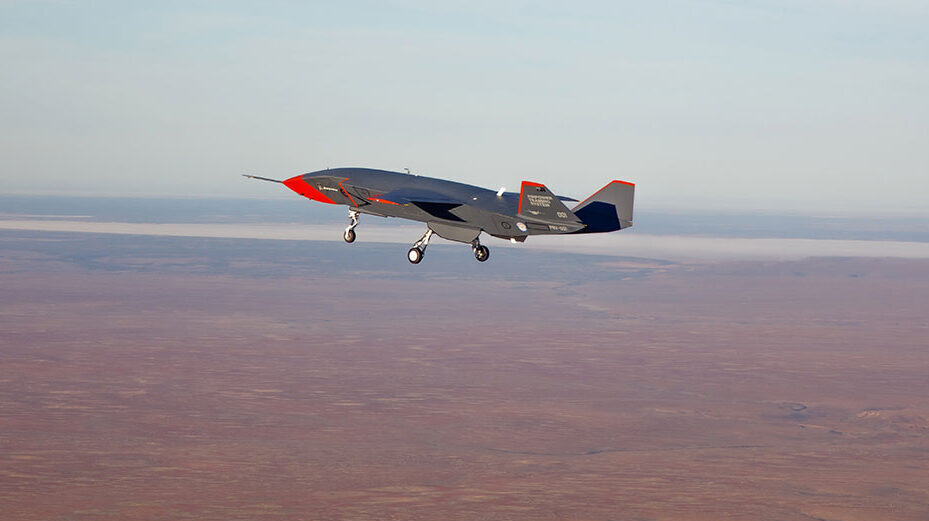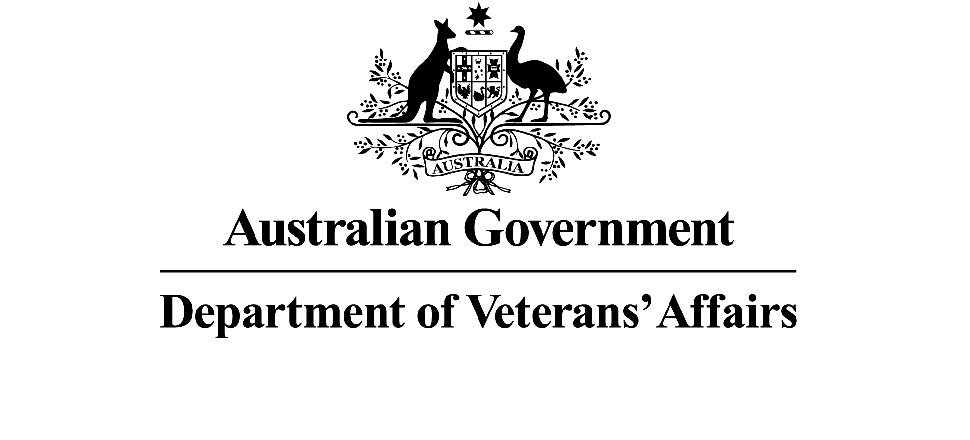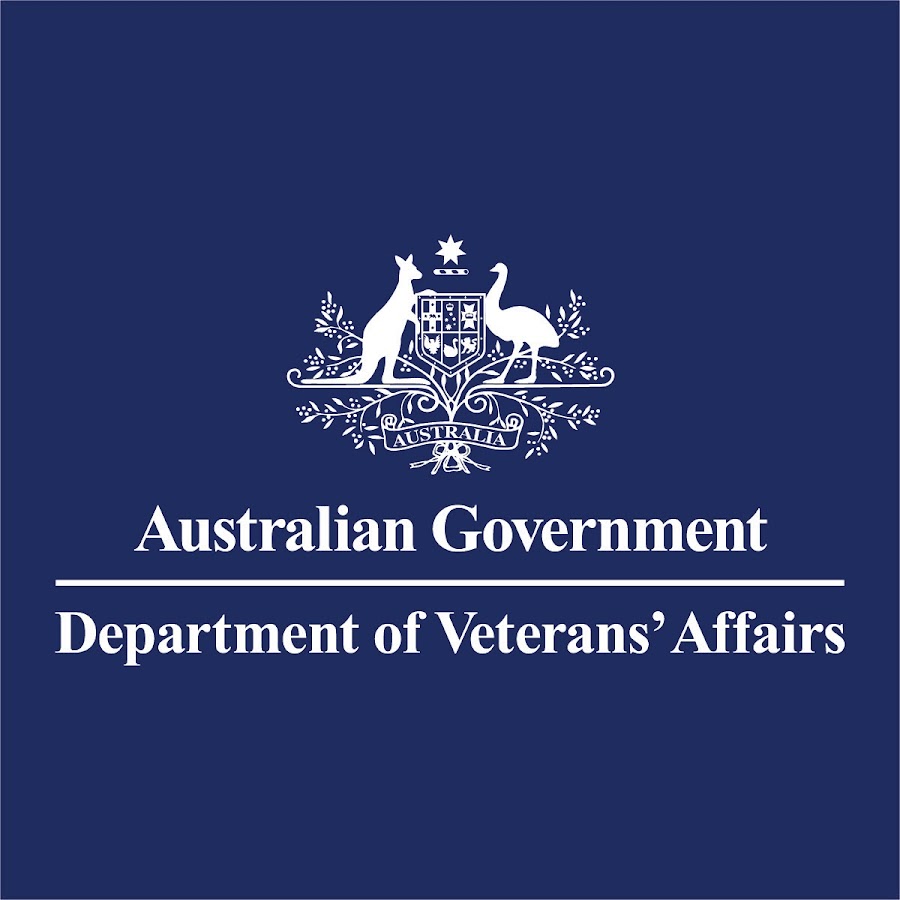Washington Post
A newly released intelligence report confirms what many have long suspected: China, Russia, Iran, and North Korea are coordinating their efforts more closely than ever to undermine US interests globally. The Office of the Director of National Intelligence (ODNI) has released a 30-page threat assessment highlighting these four nations as America’s primary adversaries.
China is identified as the “most capable” threat, using military, economic, and cyber strategies to challenge US dominance. Russia is ramping up its nuclear capabilities while remaining deeply engaged in its war against Ukraine. Iran is supplying drones to Russia and advancing its own weapons programs. Meanwhile, North Korea is providing munitions and troops to Russia, receiving advanced weaponry in return.
China is executing a long-term strategy to replace the US as the world’s dominant superpower. Beijing is expected to increase pressure on Taiwan in 2025 to push for unification. Additionally, it is expanding its territorial claims in the South and East China Seas, directly challenging US allies like Japan and the Philippines. On the technological front, China is heavily investing in artificial intelligence, aiming to surpass the US by 2030.
Russia is making significant advancements in its nuclear capabilities, with President Vladimir Putin determined to cement his legacy by prevailing in Ukraine. Moscow is receiving critical economic and military support from China, Iran, and North Korea to sustain its war efforts. This raises questions about how Putin will approach future ceasefire negotiations with Ukraine and whether external support will prolong the conflict.
Iran is balancing its own military ambitions while providing substantial aid to Russia. Tehran has become a key supplier of drones to Moscow, enhancing Russia’s battlefield capabilities. At the same time, Iran’s enriched uranium stockpile is at record highs, though it has not officially restarted its nuclear weapons program. There have also been reports of seismic activity near Iran’s nuclear sites, which some believe could be indicative of clandestine operations.
North Korea is leveraging its growing partnership with Russia to reduce its dependence on China. Pyongyang has sent troops and munitions to Russia, receiving advanced military technology in return. This relationship not only strengthens North Korea’s military capabilities but also enhances its ability to challenge US interests in the region.
As these four nations deepen their cooperation, the geopolitical landscape is becoming increasingly complex. The growing alignment between China, Russia, Iran, and North Korea presents a multifaceted challenge for the US, requiring a strategic and coordinated response to counter their collective efforts.



